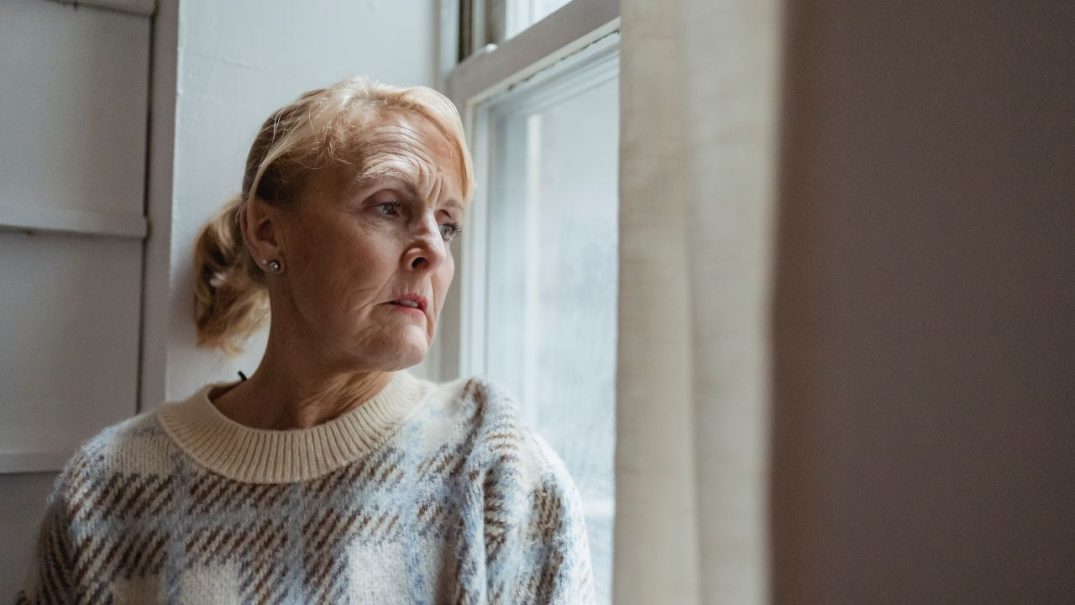
Tips for Emotionally Preparing for a Significant Life Change
If you’re a senior living in Halifax and thinking about downsizing, you’re probably facing one of the biggest transitions of your life. Saying goodbye to your family home—the place where your life unfolded, where your children grew up, where milestones and memories were made—isn’t something you can prepare for overnight. It’s not just a move. It’s a deeply emotional experience.
As a local Halifax realtor who specializes in helping seniors downsize, I’ve walked alongside many people as they made this journey. I understand how personal and emotional this process can be. That’s why I want to talk to you directly—because if you’re considering moving on from your family home, you deserve support, understanding, and guidance every step of the way.
Understanding the Emotional Weight of Leaving
Let’s start by acknowledging a simple truth: your home is more than just walls and a roof. It’s where you’ve laughed, cried, celebrated, and found comfort. Letting it go can feel like letting go of part of yourself. And that’s okay. These feelings are completely normal.
Many seniors in Halifax have shared with me that even when the logical reasons for downsizing are clear—fewer stairs, easier upkeep, lower costs—they still feel a deep sense of loss when it comes time to move. You might feel sadness, anxiety, fear of the unknown, or even guilt. But those emotions don’t mean you’re making the wrong decision. They just mean that this home has meant a lot to you—and that’s something worth honouring.
Give Yourself Permission to Feel
Don’t try to suppress your emotions. Let yourself feel them. Talk about them with your family, your friends, or even a professional. Journaling your thoughts or creating a memory book can be incredibly healing. You can walk through your home room by room and reflect on what each space meant to you.
Some seniors I’ve worked with have found comfort in creating a goodbye ritual—perhaps writing a letter to the home, taking photographs of cherished spaces, or holding a small farewell gathering with family. These acts give you closure and allow you to honour your home in a meaningful way.
Focus on the ‘Why’
When you feel overwhelmed, remind yourself why you started thinking about downsizing in the first place. Perhaps your home has become too large to manage, the maintenance is exhausting, or mobility has become an issue. Maybe you’re simply ready to free up your time and resources to enjoy your retirement years with more ease.
Moving into a smaller, more manageable space in Halifax—whether it’s a condo, apartment, or senior-friendly residence—can offer peace of mind, safety, and freedom. Many of my clients report feeling relief and even joy once they’re settled into their new place. Downsizing isn’t about giving something up; it’s about gaining the opportunity to live more comfortably and intentionally.
Involve Your Family in the Process
Saying goodbye to the family home is often a shared experience. Your children and grandchildren may feel nostalgic too. Involving them can ease the emotional weight for everyone. Invite them to visit, to walk through the house and share memories. Offer them keepsakes, photos, or heirlooms that they can cherish. This kind of shared reflection not only preserves your legacy but strengthens your family bond through the transition.
Letting Go of Belongings—With Care
One of the most difficult parts of downsizing is deciding what to bring and what to leave behind. This process can stir up powerful emotions, especially when it comes to items with sentimental value. My advice is simple: take your time.
Begin with the essentials and favourites—your most-used items, your most-loved furniture, the possessions that bring you comfort and joy. As for the rest, consider donating, gifting, or selling. Take photos of items you’re letting go of, especially if they hold special memories. That way, you still have a visual connection without the physical clutter.
In Halifax, there are wonderful charitable organizations that accept gently used furniture, household goods, and clothing. Knowing your items will benefit others can make letting go a little easier.
Visualize Your New Chapter
A powerful way to prepare emotionally for the move is to start imagining your new life. What will your new home feel like? What freedom will you gain? What hobbies will you have time for? Perhaps you’ll finally be able to travel more, spend weekends with the grandkids, or simply enjoy quiet mornings without worrying about snow removal or lawn care.
Envisioning your next chapter helps you shift your focus from what you’re leaving behind to what you’re moving toward. It creates excitement and hope—two very helpful emotions during a major life change.
Find the Right Support
This isn’t a journey you need to take alone. As a Halifax realtor who focuses exclusively on helping seniors downsize, I provide much more than real estate advice. I offer personalized downsizing consultations, emotional support, practical tools like a moving checklist and home evaluation, and trusted referrals to movers, cleaners, and organizers who understand the needs of seniors.
At www.HalifaxSeniorLiving.ca, I’ve created a resource hub just for people like you—seniors who are considering a move but aren’t sure where to start. There you’ll find guides, checklists, videos, and real advice to help you prepare, both practically and emotionally.
Your Memories Move With You
One of the most comforting truths I can offer is this: your memories don’t stay behind when you leave your home. They come with you. The love, laughter, and life you built within those walls are a part of you, not the house.
I’ve seen many clients find peace, happiness, and even excitement in their new living situations. They decorate with their favourite mementos, set up familiar routines, and create new memories. And with fewer responsibilities and more free time, they often feel more in control of their day-to-day lives than they have in years.






